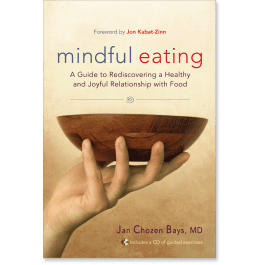 I have been teaching a new course at the University of Vermont in the College of Nursing and Health Sciences. It is called Conscious Eating: Mindfulness for Wellbeing.
I have been teaching a new course at the University of Vermont in the College of Nursing and Health Sciences. It is called Conscious Eating: Mindfulness for Wellbeing.
We have been exploring mindful eating by reading Jan Chozen Bays wonderful book by the same name, Mindful Eating: A Guide to Rediscovering a Joyful and Healthy Relationship with Food. We are also exploring the wider context of eating through Brian Wansink’s, fun and fascinating, Mindless Eating. We are now reading Michael Pollans beautifully written and compelling, In Defense of Food. We will then move on to the Mindful Carnivore, written by fellow Vermont author, Tovar Ceruli. We started with an exploration of the senses and read from Diane Ackerman’s classic and sumptuous book, A Natural History of the Senses.
Mindful eating is gaining in popularity as a lifestyle change and also as a clinical intervention for disordered eating. It asks us to pay attention to what we eat and how we eat it and it also invites us to look more deeply into why we eat what we eat and when we eat. We’ve explored our senses, emotional factors, history, and deep conditioning around food, including conditioning that comes from the food industry.
Since we spend so much time eating in the course of the day, paying attention to the process of eating can be a powerful way to wake up. Since eating is so important to our lives, it is a huge opportunity to practice mindfulness. Since what we put into our bodies is so important for wellbeing, we can become more conscious and healthy by attending to the specifics of eating with as much attentiveness as we can muster.
To be awake while eating, we will have to cut through layers and layers of conditioning that keep us on automatic pilot. The payoff is worth it when we can come to have a more friendly relationship with food, one that reflects respect, care, and affection for ourselves and the beings that have been sacrificed to make our meals.
Mindful eating is making inroads into public consciousness. Here is an informative article from Today’s Dietician.

